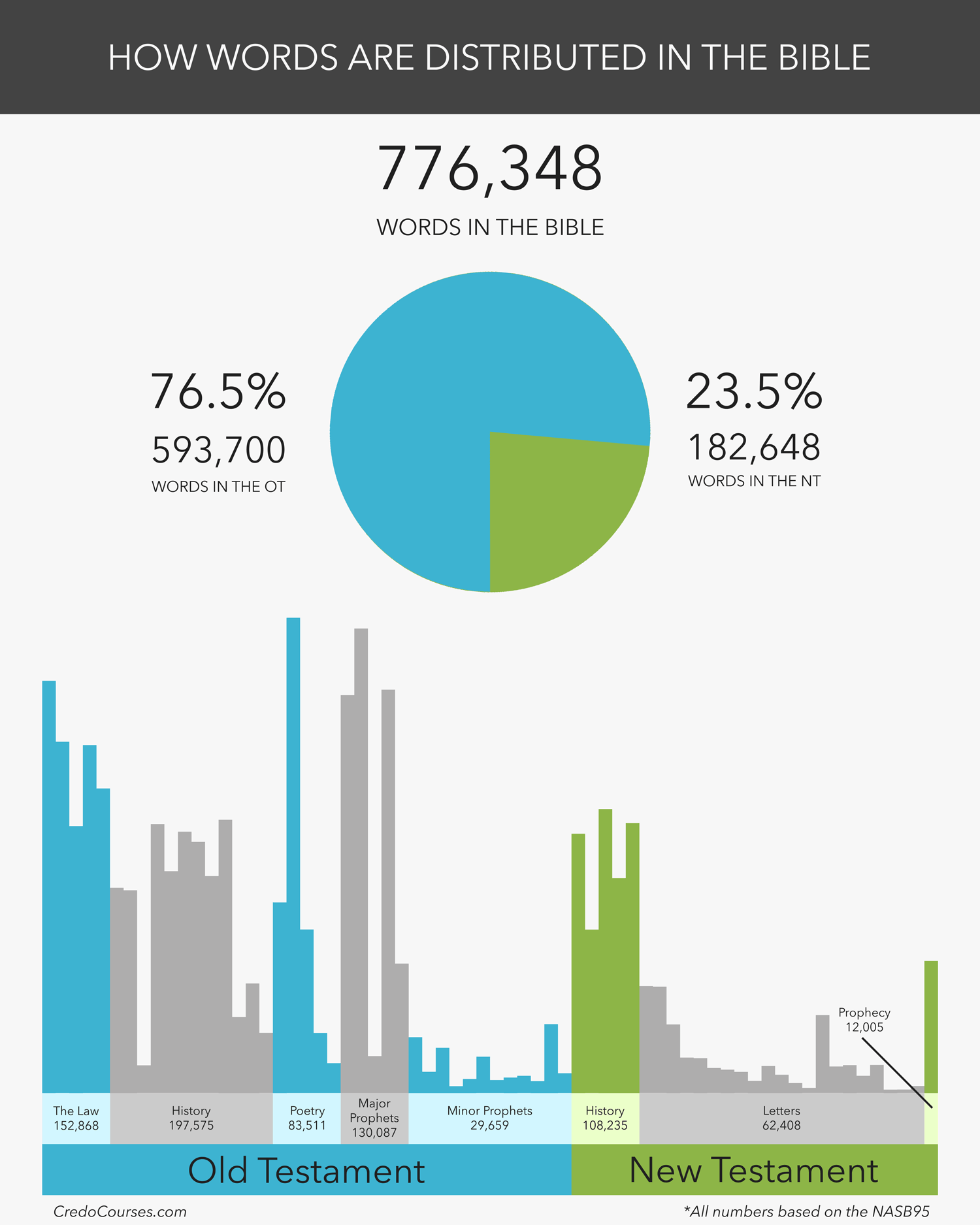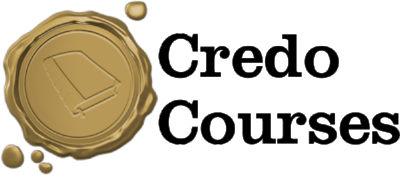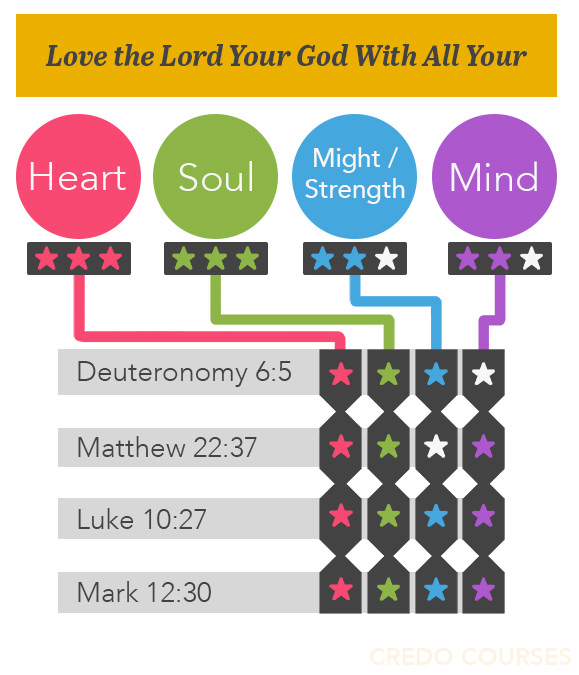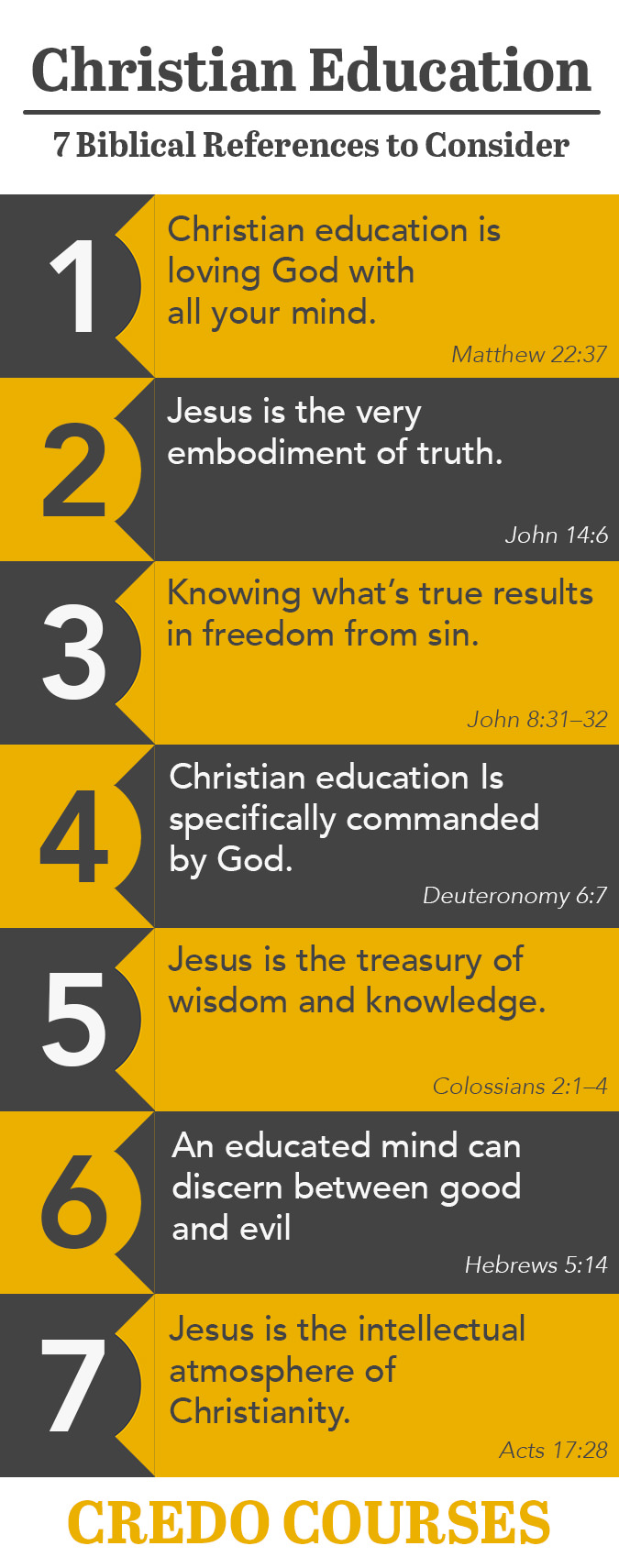
Holy Books
The Bible is the most important book in Christianity.
The Bible is a collection of 66 books (for protestants) and 73 (for catholics) written by 39 authors over a period of 1,500 years.
[Tweet “The Bible is a collection of 66 books, written by 39 authors, over a period of 1,500 years.”]
Other religions have their holy books:
- Islam has the Quran
- Mormonism has The Book of Mormon
- Buddhism has the Tripitaka
- Judaism has the Torah
- Hinduism has the Vedas
Christians (of the Protestant flavor) hold the Bible as their ultimate authority in all maters of faith and practice. Roman Catholics also hold to a high view of scripture but alongside it they place the authority of the church.

Because the Bible is so important to Christians there is a lot of emphasis on reading and studying.
Bible Reading Plans
Picking A Bible Translation
If you’re looking for a short list of solid Bible translations, here’s mine:
- NASB
- ESV
- NIV
- KJV
But as long as you stay away from the few bad Bible translations you can’t go wrong.
When I say “bad” I mean those done by individuals or small groups. These translations lack the sorts of checks and balances that come from a large diverse team.
Related Reading: How a KJV-Only Pastor Picks a Bible Translation
Divide and Conquer the Bible in One Year
This plan is simple and popular.
The reading plan breaks down like this:
There are 1,189 chapters in the Bible and 365 days in the year.
Read four chapters a day (technically 3.26) and you’ll get through the whole Bible in one year.
The One Year Chronological Bible
The One Year Chronological Bible is organized in two ways at once:
- The order in which the events happened in history
- Into chunks long enough so that you’ll get through the Bible in a year
It doesn’t get much easier than this.
I was able to find an NIV and NLT version. There’s also an audio version as well which is a nice segue into the next section.
Audio Bibles
The book is so much better than the movie. Or so they say.
For audio learners there is no shortage of Bibles.
From Alexander Scourby’s sonorous tones reading the King James Bible to the fully dramatized NIV with orchestrated soundtracks.
I would recommend that you get an audio version that’s available in AAC format (this is common for audio books). The AAC format allows you to pick up where you left off which is really useful when you’re trying to get through the whole Bible but want stop and start on your own time.
The Intense Plan
For those who really want to take their Bible reading plan to the next level this is for you.
This plan consists of reading 10 chapters a day.
Here are the details:
- 1 chapter in Proverbs every day of the month. In the months that have fewer than 31 days double or triple up on the first day of the month. This will get you through Proverbs twelve times in one year.
- 5 chapters in the Old Testament per day. This does not include Proverbs. This will get you through the OT twice in a year.
- 4 chapters in the New Testament per day. This will get you through the NT six times in a year.
How Bible Reading Plans and Diets Are Similar
There are a lot of diet plans. Many (maybe most) work. But the reason why the people order klonopin online doctor who get on those diets aren’t fit and trim is because they don’t stick to the diet.
[Tweet “The most important feature of a Bible reading plan is that it should be one you can stick with.”]
Pick one of the plans above or come up with your own and then stick with it for the entire year.
After all, whether you read the Bible all year or not the time is going to pass.
You might as well put it to good use.
Get Your 28-Min Video on Logic, Apologetic Method, and Worldview Analysis




